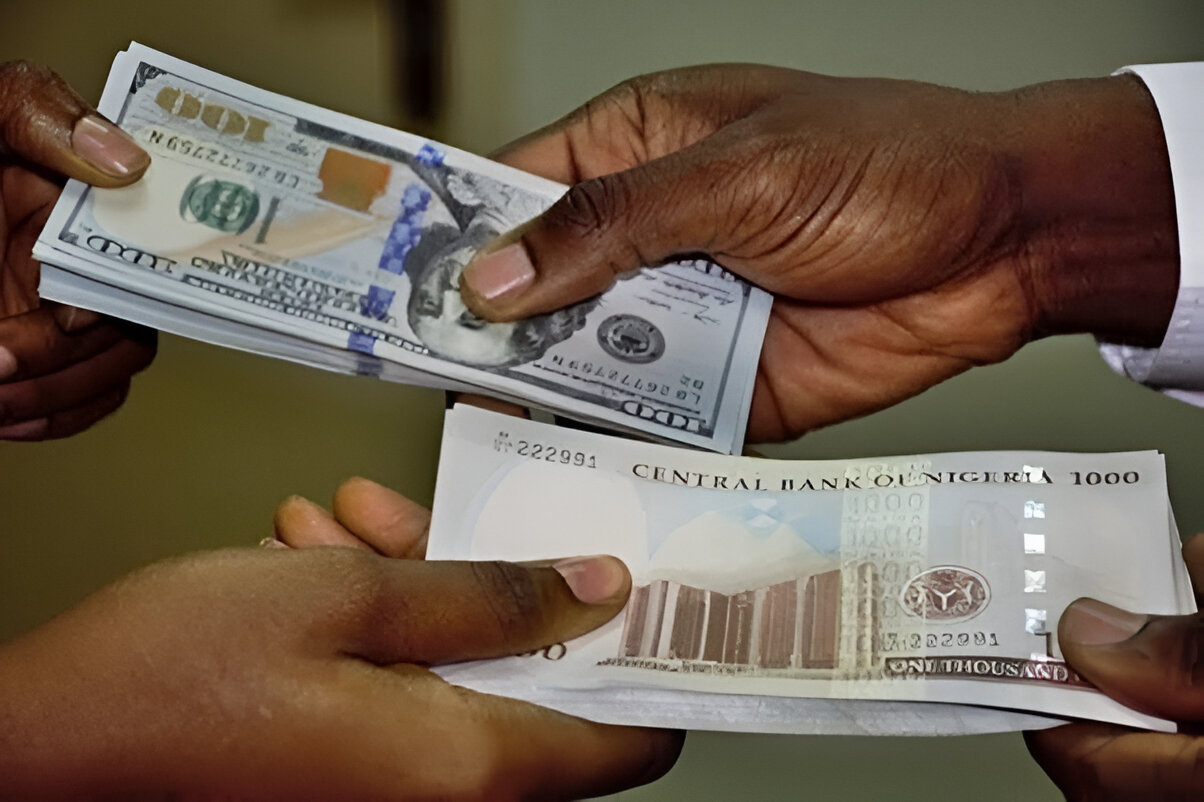BUSINESS

NAIRA FALLS FOR THIRD DAY AS NIGERIA’S FOREIGN RESERVES DROP
The Nigerian naira continued its downward slide against the US dollar on Wednesday, marking the third straight day of depreciation in the official foreign exchange market.
According to data from the Central Bank of Nigeria (CBN), the naira slipped slightly from N1,535.24 per dollar on Tuesday to N1,535.61 on Wednesday, reflecting a marginal loss of 0.37 kobo.
From Monday to Wednesday, the local currency has weakened by a total of N3.07 at the official rate.
Meanwhile, the black market exchange rate remained steady, with the naira trading at N1,540 to a dollar across most Bureau De Change outlets in Wuse Zone 4, Abuja.
This continued depreciation comes as Nigeria’s foreign reserves also take a hit. During the recent 301st Monetary Policy Committee meeting, CBN Governor Olayemi Cardoso announced that reserves stood at $40.1 billion as of July 18, 2025. However, updated figures on the CBN website showed a drop to $38.37 billion as of July 22.
The dip in both the naira and external reserves signals ongoing pressure on Nigeria’s economy, especially in terms of forex supply and demand. The Central Bank has yet to comment on what specific measures will be taken to stabilize the currency in the near term.
As uncertainty continues in the currency market, financial analysts warn that businesses and consumers could feel the pinch through higher import costs and inflation if the trend persists.
"This represents a significant development in our ongoing coverage of current events."— Editorial Board









